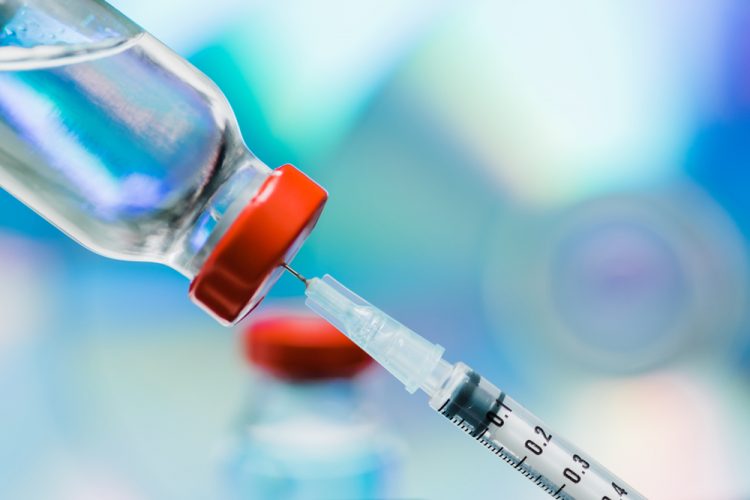MMR vaccine could protect against COVID-19 sepsis, paper says
Posted: 22 June 2020 | Victoria Rees (Drug Target Review) | No comments yet
Researchers have suggested that the MMR live attenuated vaccine could be used to provide non-specific protection to patients against sepsis associated with COVID-19.


A new paper has suggested that administering the measles, mumps and rubella (MMR) vaccine could serve as a preventive measure to dampen septic inflammation associated with COVID-19. According to the researchers, mortality in COVID-19 cases is strongly associated with progressive lung inflammation and eventual sepsis.
The proposal was made by a team from the Louisiana State University Health School of Dentistry and Tulane University School of Medicine, both US.
“Live attenuated vaccines seemingly have some non-specific benefits as well as immunity to the target pathogen. A clinical trial with MMR in high-risk populations may provide a low-risk-high-reward preventive measure in saving lives during the COVID-19 pandemic,” said Dr Paul Fidel, Associate Dean for Research at Louisiana State University Health School of Dentistry. “While we are conducting the clinical trials, I do not think it is going to hurt anybody to have an MMR vaccine that would protect against the measles, mumps and rubella with this potential added benefit of helping against COVID-19.”
The researchers highlight in their paper that mounting evidence demonstrates live attenuated vaccines provide non-specific protection against lethal infections unrelated to the target pathogen of the vaccine. This is through inducing trained non-specific innate immune cells for improved host responses against subsequent infections. Live attenuated vaccines induce non-specific effects representing ‘trained innate immunity’ by training leukocyte (immune system cells) precursors in the bone marrow to function more effectively against broader infectious insults.
In the laboratories of the researchers, vaccination with a live attenuated fungal strain-induced trained innate protection against lethal polymicrobial sepsis. The protection was mediated by long-lived myeloid-derived suppressor cells (MDSCs) which were previously reported to inhibit septic inflammation and mortality in several experimental models. The researchers say that an MMR vaccine should therefore be able to induce MDSCs that can inhibit or reduce the severe lung inflammation/sepsis associated with COVID-19.
According to the researchers, epidemiological data suggest a correlation between people in geographical locations who routinely receive the MMR vaccine and reduced COVID-19 death rates – adding weight to their findings. COVID-19 has not had a big impact on children and the researchers hypothesise that one reason children are protected against viral infections that induce sepsis is their more recent and more frequent exposures to live attenuated vaccines that can also induce the trained suppressive MDSCs that limit inflammation and sepsis.
The team propose a clinical trial to test whether the MMR vaccine can protect against COVID-19. However, in the meantime, they suggest that all adults, especially health care workers and individuals in nursing homes get the MMR vaccine.
“If adults got the MMR as a child they likely still have some level of antibodies against measles, mumps and rubella, but probably not the MDSCs,” said Dr Fidel. “While the MDSCs are long-lived, they are not life-long cells. So, a booster MMR would enhance the antibodies to measles, mumps and rubella and reinitiate the MDSCs. We would hope that the MDSCs induced by the MMR would have a fairly good life-span to get through the critical time of the pandemic.”
The study was published in mBio.
Related topics
Disease research, Drug Targets, Immunology, Research & Development, Targets, Vaccine
Related conditions
Coronavirus, Covid-19, Measles, Mumps, Rubella
Related organisations
Louisiana State University Health School of Dentistry, Tulane University School of Medicine
Related people
Dr Paul Fidel


